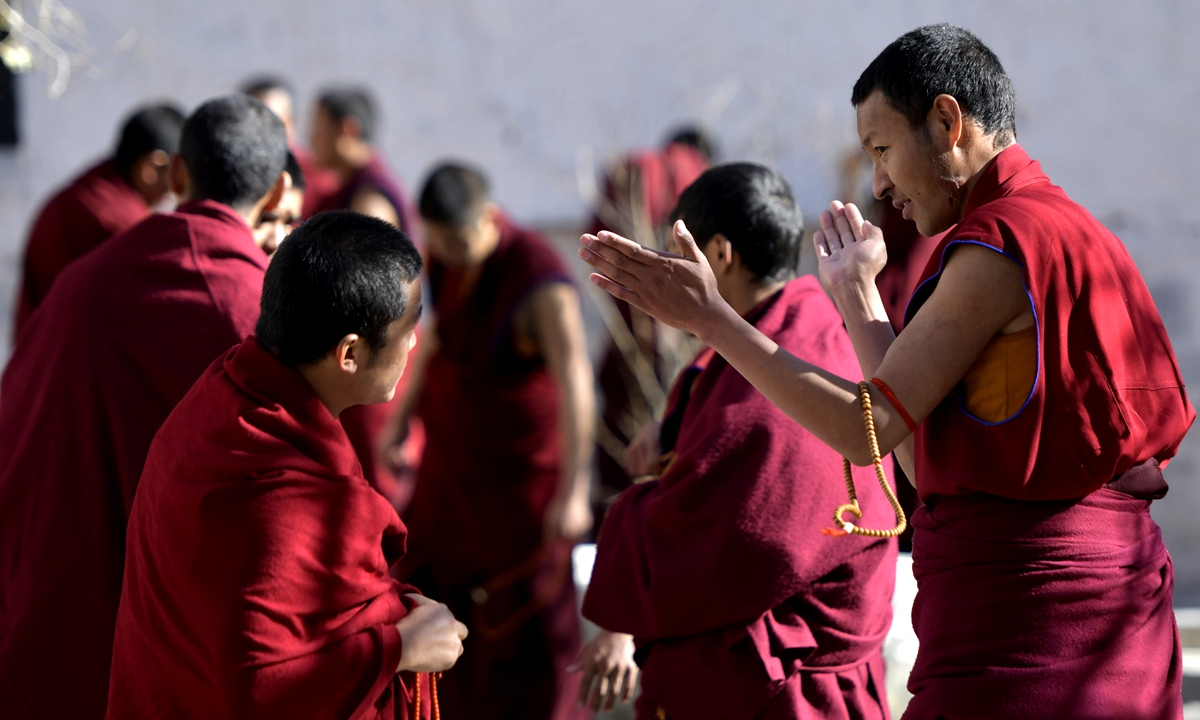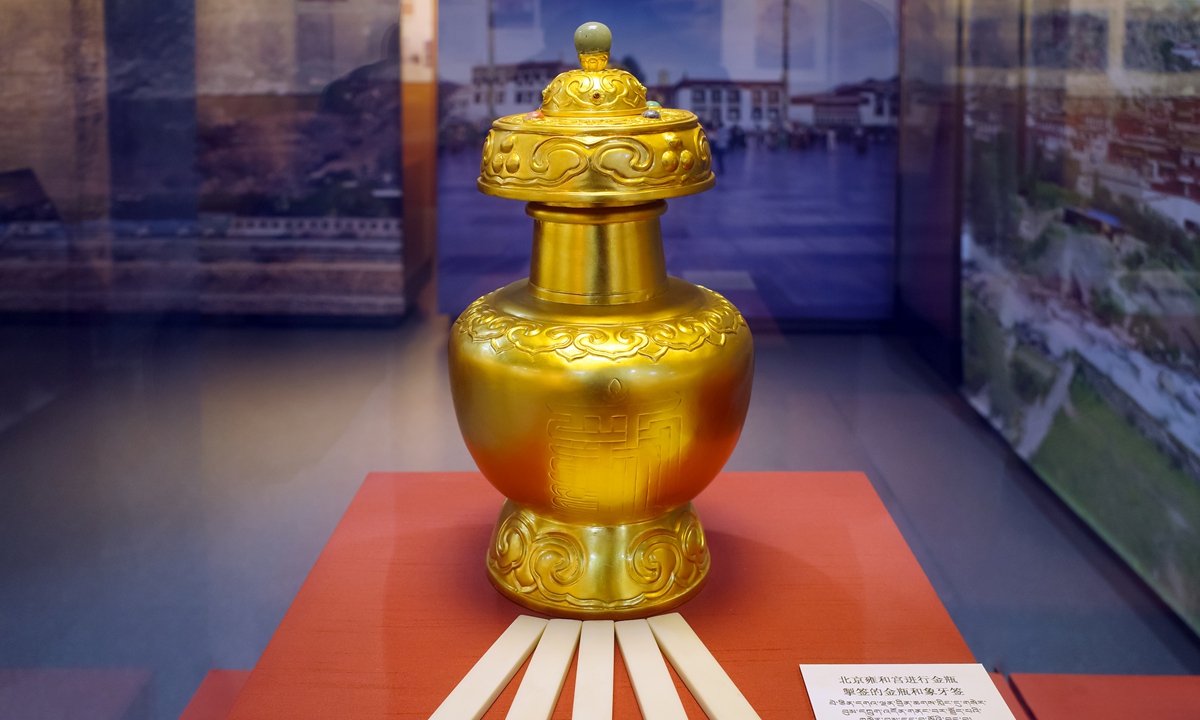Munger is just as highly regarded as Buffett because the values they espouse have become a long-standing guide to value investors, including myself. — Reuters
It's imperative to make a conscientious effort to do good
Both are centenarians, with Munger living to 99 years and Kissinger at 100 years.
Apart from their longevity, what’s remarkable about both the gentlemen was their sharp mental acumen during their ripe old age and continuous influence on society right up to their last days.
As obituaries poured in across the media, we could see their overwhelming contribution in charting the course of world history in their respective sphere of influence.
Not many people are blessed with good health that can last a century.
Incidentally, Munger and Kissinger were able to lead both long and meaningful lives.
Time is precious because life is fleeting, but from their lives, I learnt what’s most important is not solely about longevity but also a life of purpose.
Knowledge for the next generation
Most would know Warren Buffett instead of Munger. Some say their relationship is akin to Batman and Robin. However, it is important to know that Berkshire Hathaway would not be where it is today without Munger’s existence and the role he played. In the world of investment, Munger is just as highly regarded as Buffett because the values they espouse have become a long-standing guide to value investors, including myself.
Just as Benjamin Graham who came before Buffett, his book helped mould the idea of value investing for the subsequent generations. Of course, there is no example of a better student that lived out his entire lifetime based on the knowledge imparted by Graham.
The imprint left by Munger on the investing world is no less significant than Buffett. He had the hand in convincing Buffett in looking beyond the United States towards China and taking an early stake in BYD worth Us$230mil in 2008 which has since grown in value to Us$2.4bil as of October 2023.
This was among the most successful investments that Berkshire Hathaway made in recent decades delivering 10 times in returns over 15 years.
This investment is significant because BYD is not only the leading battery manufacturer in the world today, but also the largest electric vehicle (EV) manufacturer in terms of volume sold in China, championing the EV supply chain and green agenda in the world’s most populous economy. Globally, BYD’S EV sales is just behind Tesla.
In Munger’s own words, “I have never helped do anything at Berkshire Hathaway that was as good as BYD and I only did it once.”
Furthermore, I respect Munger for often being willing to speak the truth even if it is contrarian to the sentiment of the day
Unlike most Americans, Munger often gave credit to China’s communist government in its effort of growing the economy, executing national policies and plans while lifting the people from hardcore poverty. Another classic example was Munger’s open criticism of cryptocurrency during its speculative rally to dizzying heights attracting much irk from the youths.
‘Tang Ping’ phenomenon
We are increasingly seeing the youth of today embark on a series of passive aggressive resistance movement which is unheard of prior to this decade.
“Tang Ping” is a Chinese slang that means lie down flat and get over the beatings, which is a direct rejection of societal pressure to achieve certain definition of success as per the norm.
Due to an entrenched culture of overworking yet not being able to achieve the desired level of achievements, youths in China opted for the “Tang Ping” way of life rather than to continue to strive.
It started getting popular during the pandemic years and was further exacerbated across social media as many struggled to achieve upward mobility in society for which they had long hoped.
In the United States, a similar counter-culture approach was observed, as those in workforce pivoted towards “quiet-quitting”.
In this case, employees of companies choose to do just enough to get by without getting fired and avoid working towards achieving their personal and companies’ goals.
While it is said this phenomenon is prevalent in developed economies and highly competitive society, in my observation, certain youth in Malaysia are welcoming such approach which can be seen in across social media feeds.
This is highly disconcerting. I do not deny the importance of enjoying life beyond pursuits of material possessions.
I also agree about valuing family time especially because life is short.
However, while time is precious, and tragedies of life are unfortunate, these premises cannot be used as the excuse to not work hard in life or to try to make living a lifetime a meaningful one.
This is especially when many good people with extraordinary talent are left undiscovered because they choose to lie low or refuse to make the effort to compete.
This will give room to foster a more elitist society, which comprises those who come from a powerful or privileged background.
Some of these people may lack virtues such as integrity or morality but they will end up ruling the world if those who come from the less fortunate background choose not to challenge the status quo and opt for “Tang Ping”. It ends up being a vicious cycle.
Finding purpose in life
The focus of today’s column is not to preach the right way of life but to offer a perspective on the ongoing phenomenon that is fast becoming popular among the youth. This affects the economic development of a nation and the progress of a dynamic society.
Everyone is entitled to live in the manner he or she chooses. It is hard to judge or pass a comment without knowing what others have been through.
Yet, finding meaning or purpose in life is more important than anything else because it will set the path of which one chooses to live for the rest of their life.
If one does not have any interest in the pursuit of monetary rewards, a career in giving back may be more fulfilling. That is why we see professions such as teachers, nurses and journalists exist.
Regardless of the path that one takes, it is imperative to make the conscientious effort to do good in whatever capacity we are.
Even as a businessman, entrepreneur or fund manager, corporate social responsibility or environmental, social and governance efforts should not be a branding initiative to win the public’s recognition.
Branding and showmanship should not be the factors that go into the thought process when choosing to do good. For an individual and a business alike, many hope to last beyond three generations.
However, it is important to remember that longevity should always come with a purpose.
Only then will it be meaningful.
Related posts:
Washington reacts with ‘sour grapes’ mentality to Kissinger’s China tour, urged to be rational and refrain from confrontation













